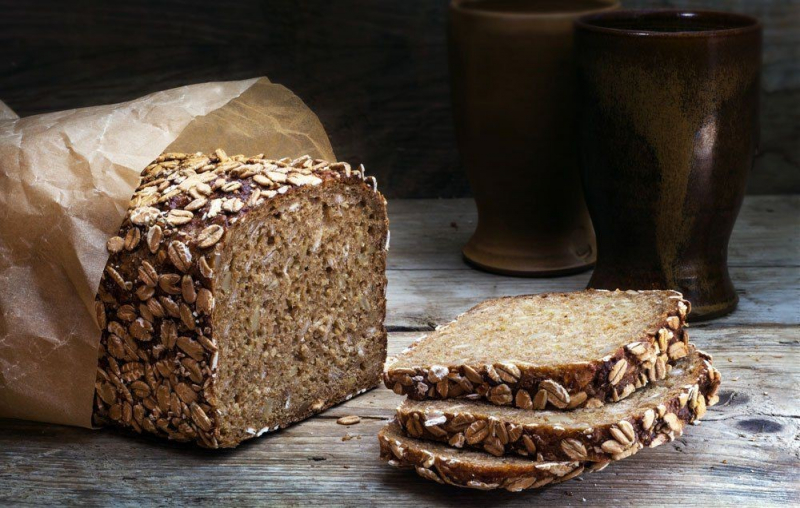May Be Easier to Digest due to Higher Enzyme and Lower Lectin Levels
Studies have demonstrated a relation between sprouting whole grains and improved digestibility. The starch in the grains is broken down during the sprouting process, making them easier to digest.
Additionally, they contain more enzymes than unsprouted grains, which help in the digestion of the food you eat. Phytase and amylase levels rise during sprouting, in particular. A chemical is known as lectin also has an impact on digestion. Lectins are part of a plant’s defense mechanism. Grains frequently contain high levels of lectins, which have been connected to autoimmune disease, chronic inflammation, and leaky gut. As seed sprouts, the plant metabolizes lectins. As a result, lectin levels in sprouted grains may be lower than in their unsprouted counterparts. According to one research, wheat's lectin content decreased by around 50% after 34 days of sprouting.









